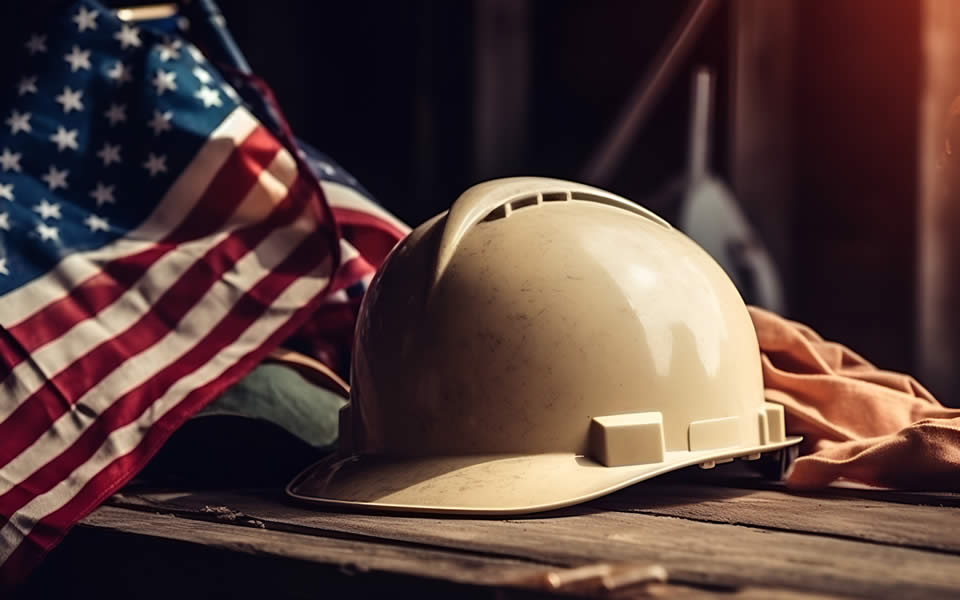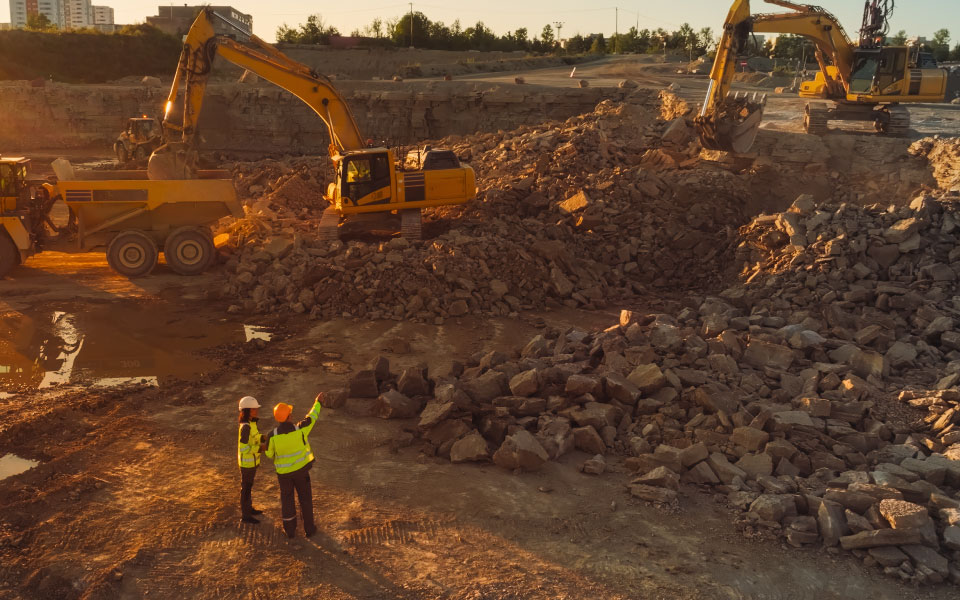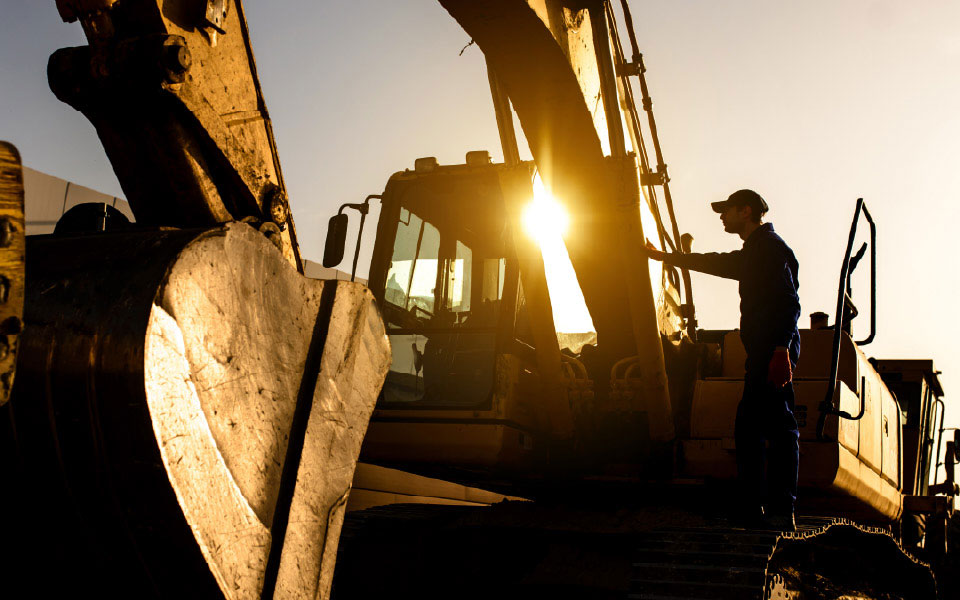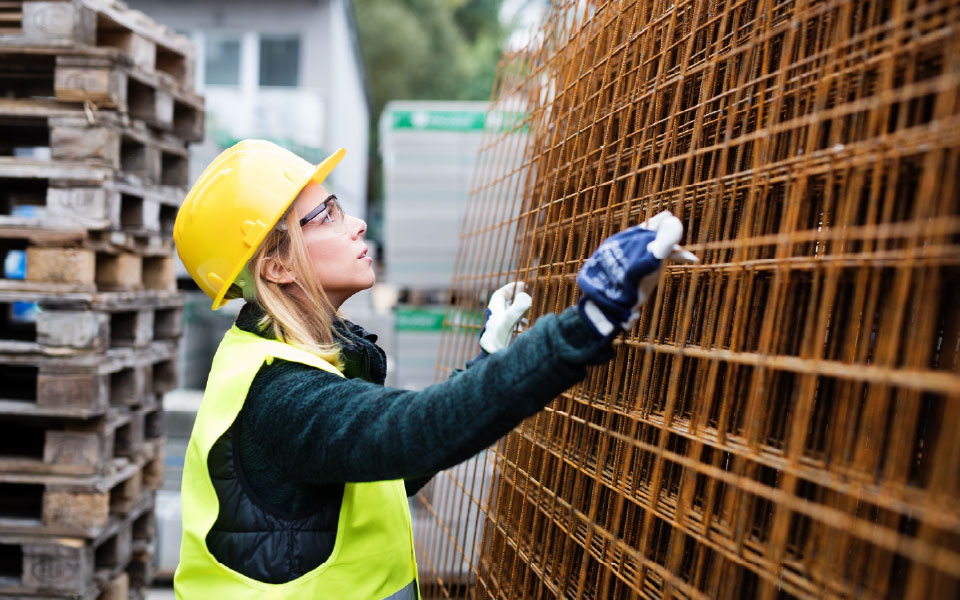President Joe Biden’s “Buy America” initiative, one facet of the administration’s $1 trillion infrastructure program, promotes domestic manufacturing and job creation by increasing the percentage of American-made goods used in federally funded projects. Binding Buy America guidance was finalized by the White House Office of Management and Budget on August 14, here’s what you need to know about these regulations with significant impact for construction contractors.
Buy America, Since 1933
The Buy America regulations, which were first introduced in 1933, initially required that materials used in federally funded construction projects qualify as manufactured in the United States whenever possible. A lot has changed since 1933 – including with respect to the Buy America regulations, but under the newly finalized rules, contractors must comply with stringent requirement ensuring that the materials and products used in construction projects come primarily from domestic sources. For example, the final rules require that contractors use at least 60% of products made in America for specific infrastructure projects, such as highways, bridges, and tunnels.
What This Means for You
Contractors may need to prepare for increased costs and longer lead times that can be associated with procuring American-made materials. In addition, contractors may need to restructure their supply chains to comply with the new regulations, which could result in delays and inefficiencies. On the plus side, the Buy America regulations encourage contractors to expand their domestic supply chains and foster partnerships with American manufacturers, which will likely contribute to a stronger domestic manufacturing base.
The Fine Print
The Buy America rules, published in January 2021, outline the specific requirements for compliance, establish criteria for determining the origin of a product, and set forth a process for granting waivers for non-compliance. Furthermore, certain tools, supplies, and materials are exempt. Still, the federal government requires contractors to provide detailed information about their supply chains and to certify that the products used in construction projects comply.
Looking Ahead
To prepare for compliance with the Buy America regulations, construction contractors should take the following steps:
Review your supply chains
Contractors should evaluate their supply chains to determine which products may be impacted and identify American-made alternatives for products that do not meet the new requirements.
Develop relationships with American manufacturers
Contractors should establish relationships with American manufacturers to expand their domestic supply chains. They should also explore partnerships with suppliers who can provide American-made materials at competitive prices.
Ensure compliance with the final rule
Contractors should familiarize themselves with the latest guidance and the specific requirements for compliance. They should develop processes and procedures to ensure that the products used in construction projects meet the regulations.
Monitor for updates
The Buy America regulations are subject to change, and contractors should monitor for updates and changes to the requirements. They should stay informed about any changes to the rules and adjust their compliance processes accordingly.
In Closing
I have had many conversations with our clients to establish a proactive plan requiring them to source a more significant percentage of American-made materials for federally funded projects. While compliance with the new rules may be challenging, it also presents opportunities for contractors to expand their domestic supply chains and foster partnerships with American manufacturers. By taking proactive steps to prepare for compliance with the Buy America regulations, contractors can position themselves for success in the evolving regulatory landscape.
© Copyright CBIZ, Inc. All rights reserved. Use of the material contained herein without the express written consent of the firms is prohibited by law. This publication is distributed with the understanding that CBIZ is not rendering legal, accounting or other professional advice. The reader is advised to contact a tax professional prior to taking any action based upon this information. CBIZ assumes no liability whatsoever in connection with the use of this information and assumes no obligation to inform the reader of any changes in tax laws or other factors that could affect the information contained herein. Material contained in this publication is informational and promotional in nature and not intended to be specific financial, tax or consulting advice. Readers are advised to seek professional consultation regarding circumstances affecting their organization.
“CBIZ” is the brand name under which CBIZ CPAs P.C. and CBIZ, Inc. and its subsidiaries, including CBIZ Advisors, LLC, provide professional services. CBIZ CPAs P.C. and CBIZ, Inc. (and its subsidiaries) practice as an alternative practice structure in accordance with the AICPA Code of Professional Conduct and applicable law, regulations, and professional standards. CBIZ CPAs P.C. is a licensed independent CPA firm that provides attest services to its clients. CBIZ, Inc. and its subsidiary entities provide tax, advisory, and consulting services to their clients. CBIZ, Inc. and its subsidiary entities are not licensed CPA firms and, therefore, cannot provide attest services.















